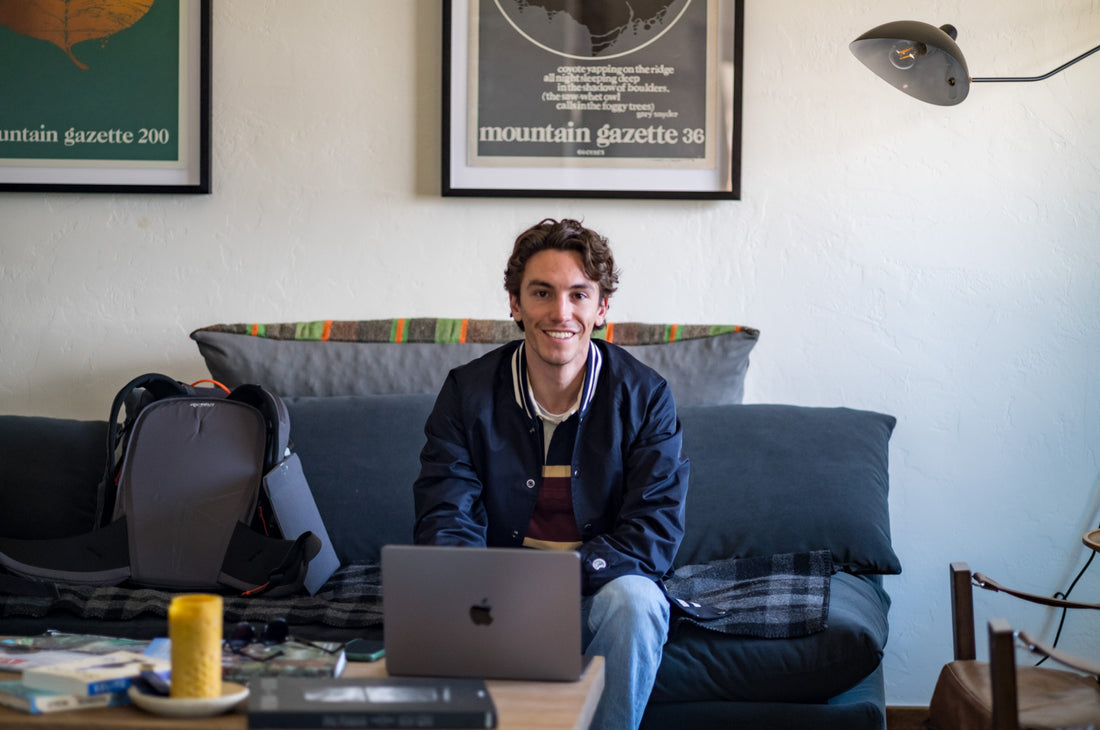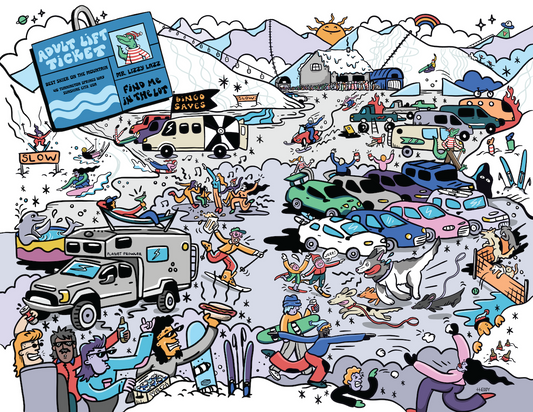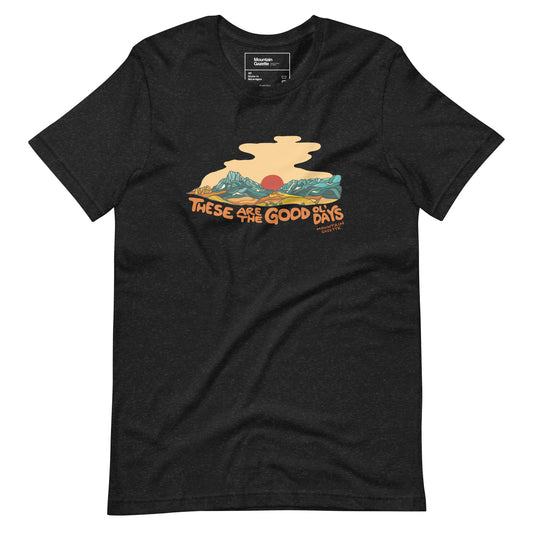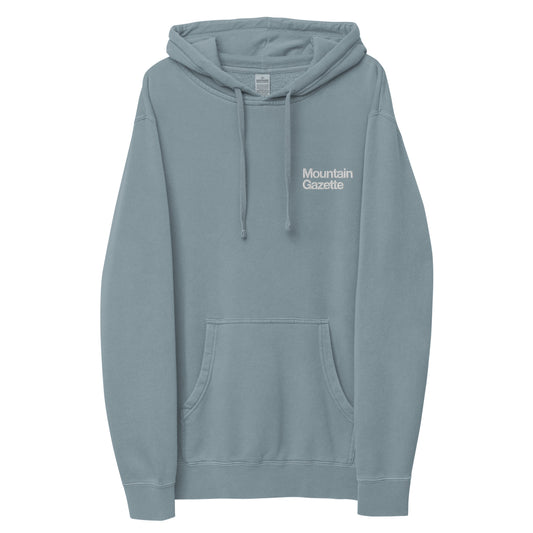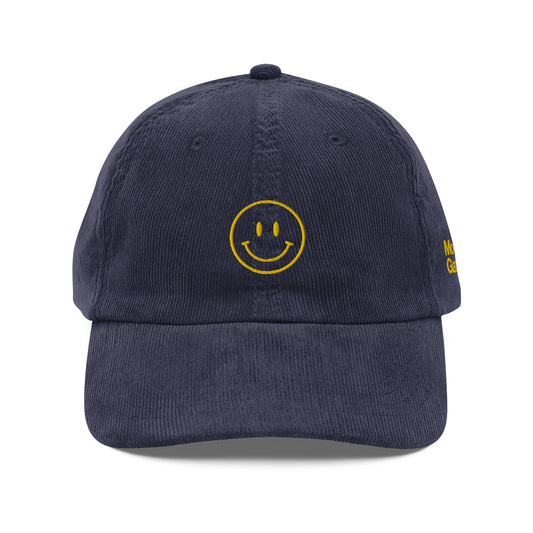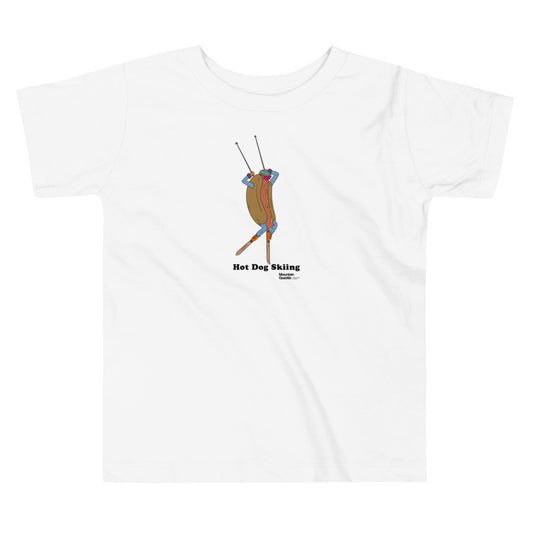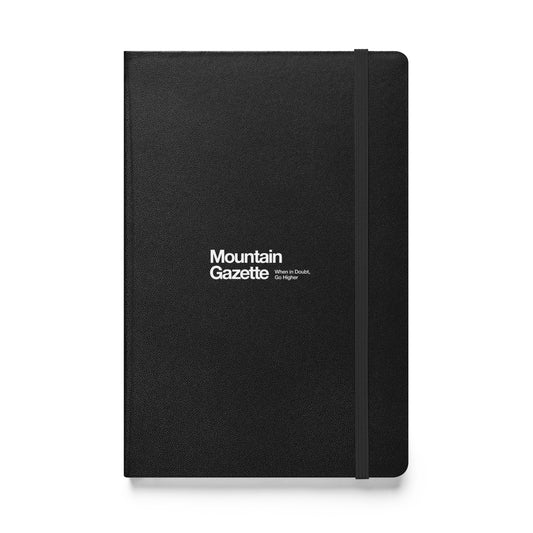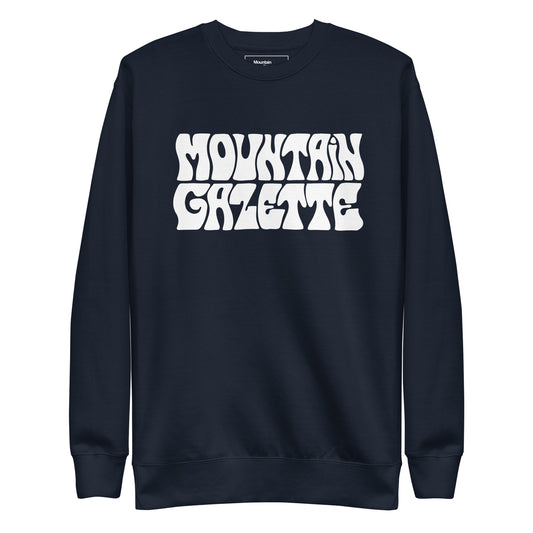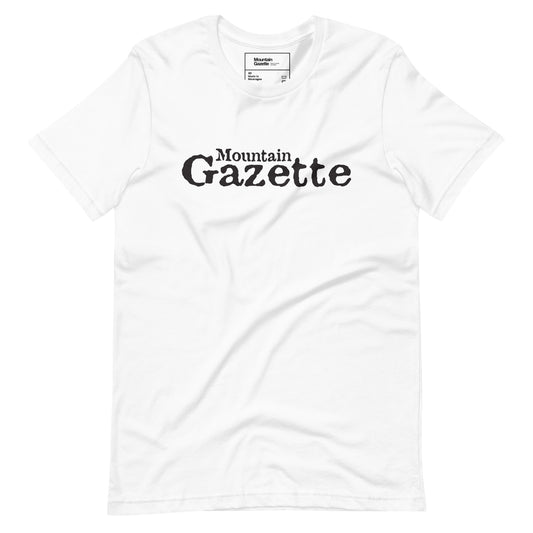"I will say, I'm often upset. I really do have trouble sleeping at night, especially when I'm really immersed in a story that I care a lot about. And sometimes I find myself pretty angry when I'm working. But I think it's okay. Because that means I'm very passionate about what I'm doing."
By Hannah Truby
Like a lot of other investigative journalists, Ari Schneider is almost always working on a story…or three. His work has appeared in The New York Times, the Washington Post, The Guardian, Slate, and Vogue, to name a few. He’s also one of our senior writers.
Similar to much of our team here at Mountain Gazette, Ari was born eastward (Vermont) and now resides westside (Colorado). Ari’s writing repertoire is varied; he’s a “generalist”, with no particular beat, which keeps him interested (and busy). But no matter the topic, Ari is keen on narrative-driven storytelling, adept at picking apart any idea to find those special bits typically associated with fiction - conflict and antagonisms, structure and endings. And while I am not wholly impartial to any of our writers’ work, I think you too will likely appreciate Ari’s knack for telling a good story.
You’ll appreciate that I practiced good journalism and did some digging on you. I saw you studied poly-sci in undergrad: When did you first discover the pleasures - and afflictions - of writing, and what made you detour to journalism?
Well, the short answer is that I've always wanted to be a writer. But journalism wasn't really on my radar when I started college, and poli-sci kind of made sense. But just before the 2016 election, I did an internship; it was my senior year, and it was really quite an emotional time, politically. That’s when I was sort of like, ‘Yeah, I'm not going into politics.’
After that I tried a few different things: the business route, outdoor education, but I just always came back to writing to fill my time. I applied to NYU’s new master’s program in journalism, I got in, and that totally just changed the direction of my life.
You write about lots of very different topics, and for different publications. Do you prefer one kind of journalism over the other?
No, because I have a kind of a short attention span. There's certain people there who are beat reporters, covering just internet culture, or just the environment. I think if I was to just do one topic, or one style of writing, I'd get really bored. And so I'm really grateful I kind of get to do this as a generalist, which is really bad for trying to be a famous journalist, which isn’t necessarily my aim.
The world is big, and speaking as a fellow journalist, the amount of stories I’d like to tell feels crushing at times. How do you find and land on certain stories to tell? Which ones tend to pique your interest more than others?
Most of the stories I do are assigned to me. Editors reach out to me because they think it'd be a good fit to do it. The stories that I do pitch have been stories I found just because I was bored late one night and went to a court record database and started typing the random keywords. There have been stories that I found just because I was doing one of those late-night Reddit rabbit holes - I hate that word rabbit hole.
Was the 200 Mutton Bustin story assigned to you, or did you come up with it?
I’d never really heard about it before I saw videos online one night. I sent a one sentence pitch to Mike, that pretty much just said like, we should go to the National Western Stock Show in Denver, and write about five year olds riding sheep. It must have been around midnight, and I sent it and five minutes later, he responded, ‘I love it.’
I can imagine most of the stories you do are somewhat new territory. How do you approach them? What’s your process?
I try to do as much research as possible before I show up, try to understand the scene I'm getting myself into, and what the conflicts are. Because every story has to have a conflict at some level. And I try to understand that beforehand. But I will say, I learn by being in a place. I have a really difficult time going on Google Maps and looking at street views to try to understand what a place looks or feels like, and I have a really difficult time writing about a place if I haven't been there. So I'm constantly changing how I view the place that I'm in.
With that said though, in journalism, we talk a lot about being objective and how that's kind of impossible, because you're always going to have a subjective view of the world. But I do try to be as objective as possible. To me that’s showing up to a place without having any led prejudice about what I think it's going to be like, until I’m there.
What does your reading diet consist of?
I read a lot. I read The Washington Post and The New York Times every day to get the news. But as far as consuming the kind of stuff that I write, which is more features. I'm always reading New York Magazine. I really like the Atlantic. I like Granta magazine for a little bit more literary kind of taste. I'm also trying to read 100 books this year. I'm a little behind, but I can do it.
What book are you on currently?
The Anna Wintour biography, by Amy Odell.
‘The news’ can often be one grim story after another - not only that, but as a journalism student, I hear so much about how journalism is on a kind of downturn. I’m wondering what inspires you to keep doing this kind of work?
I occasionally mentor early-career journalists still in school, and one of the questions I get asked the most is, how do I take care of my mental health when reporting on dark topics, or when you’re immersed in the news, reading about dark topics. And I really don't have a good answer to this besides, for me, I have to decide on a given day how important my mental health is to myself that day. There's certain days where I wake up, and I just need to allow myself to take a break. I will say, I'm often upset. I really do have trouble sleeping at night, especially when I'm really immersed in a story that I care a lot about. And sometimes I find myself pretty angry when I'm working. But, I think it's okay. Because that just means I'm very passionate about what I'm doing.
On the industry as a whole, it does make me sad, especially when friends lose jobs. I'm not like an extremely positive person [laughs.] But it’s comforting to see that there's always new opportunities coming up in journalism.
And you have a good sense of humor, it seems, which I think is important to have here, or really anywhere.
I do get that a lot - that I’m very sarcastic. If I observed something where I found conflict, I sometimes think that's what makes something funny - when you expect one thing and you receive another thing? Yeah. I’m always looking for those like levels of conflict, or the range between hope and despair, the range between sincerity and irony. For me as a writer, those things catch my attention and I feel compelled to write them down.
Can you elaborate on that - the levels of conflict? How is that important to your writing?
I spend a lot of time thinking about how to structure stories so the various tensions propel the story forward, and ideally prompt the reader to come to their own conclusions. I sometimes read sections of Plato’s The Republic when I’m having trouble because there’s something about the Socratic back and forth that translates to storytelling.
How do you find conflict in those stories that maybe on the surface appear conflict-less? I’m thinking of the Mutton Bustin story in 200 here - for those who haven’t read it, it might look like just a story about a rodeo tradition, you know?
There's kind of a superficial conflict there - it's a little dangerous, a lot of these kids that are five years old, they have dreams of becoming bull riders. And the parents need to contend with this dream. That's a lot of the parents I spoke to there. They're like, is this the gateway drug into bull riding? Do I need to be concerned about that?
I think that, if there's no conflict, there's no story. Conflict’s a very loaded word; it doesn’t need to be people vocally fighting, sometimes it's conflict within ourselves. A lot of times when I'm writing in the first person, it's because I feel conflicted about something. But it connects to fiction in a lot of ways. Like there's different levels of antagonism, antagonism within ourselves, within the character’s self. I definitely draw a lot of inspiration from fiction.
Soon to arrive at doorsteps around the world is Mountain Gazette 201, where you can read Ari's latest piece.

